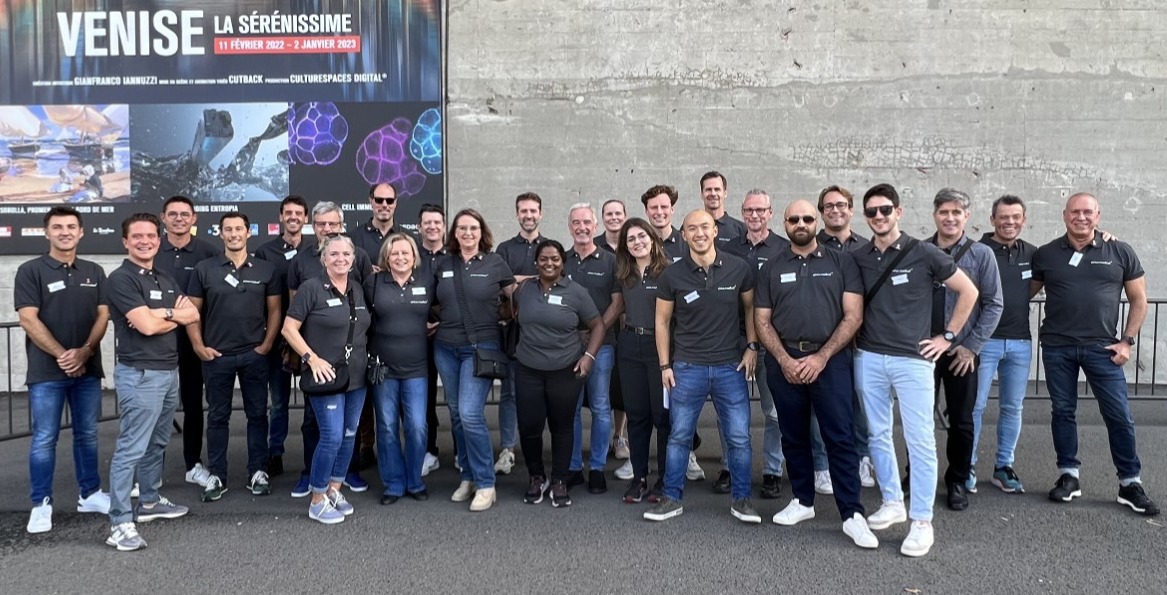

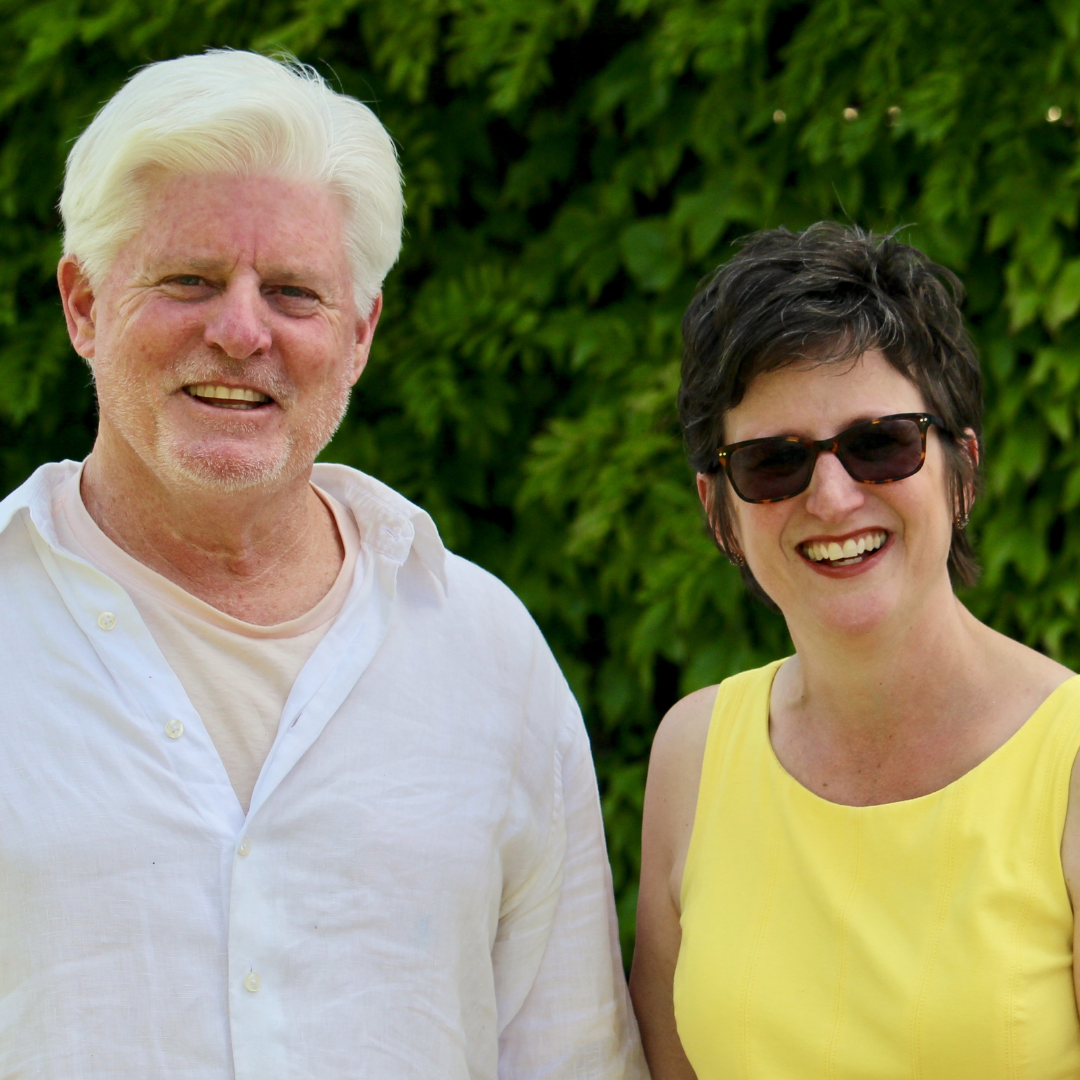
Sometimes it’s better to be lucky than smart. But if you’re both, you have a really good chance of changing the world.
Take Bram Schermers.
As a university student at Twente University and while doing his internship at Netherlands Cancer Institute, Schermers stood up at a pitch competition and pitched his tumor localization research as a MedTech startup. He won the competition where – by luck – Hubert Martens, co-founder of Philips MedTech spinout Sapiens, met Bram during a matchmaking session. Guests chose to meet founders/inventors with a great idea but who had zero experience. Hubert chose Bram and off they went.
Martens wanted to know more. The two joined forces to launch Sirius Medical. Six years later, they are in scale-up phase.
“In the beginning, I said to myself, this thing could fail each week,” says Schermers, founder and now CEO of Sirius Medical. “Then somewhere along the line, I realized it wasn’t failing.”
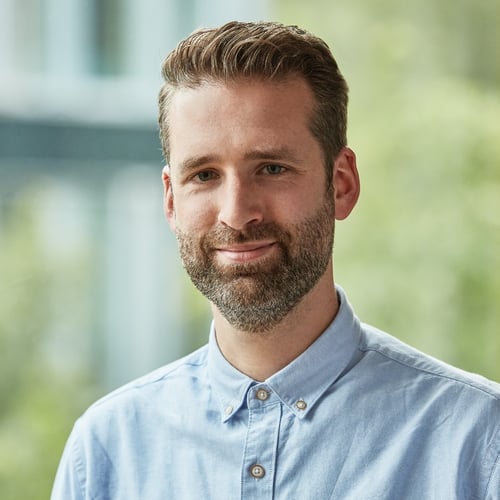
Sirius Medical has developed technology to accurately locate, then guide surgeons to, tiny tumors in the breasts during surgical operations. These tumors are termed “non-palpable growths,” meaning they are too small to be felt or seen.
“The classic lump in the breast doesn't exist in 60 to 70 percent of cases because we've become so good at diagnosing breast cancer at an early stage,” says Schermers. “Through screening, tumors are found before they are palpable. This is great progress for patients because they can benefit from very limited surgical approaches. But now the surgeons have a challenge because they can’t feel where they need to be. They need localization technologies.”
Surgeons can use wire-guided technology, but this method involves a wire dangling out of the breast before surgery. It’s traumatic and hardly ideal for the woman. Wire-guided localization can also be a scheduling nightmare for hospitals as it requires the patient to visit the radiology and surgery departments on the same day.
Sirius Medical solves these issues with Sirius Pintuition, its wire-free localization solution. Only the size of a grain of rice, the Pintuition “marker” accurately shows the location of the cancerous cells so the surgeon can locate it again during surgery. The tiny device is a powerful magnetic marker encased in high-grade, nickel-free biocompatible titanium.
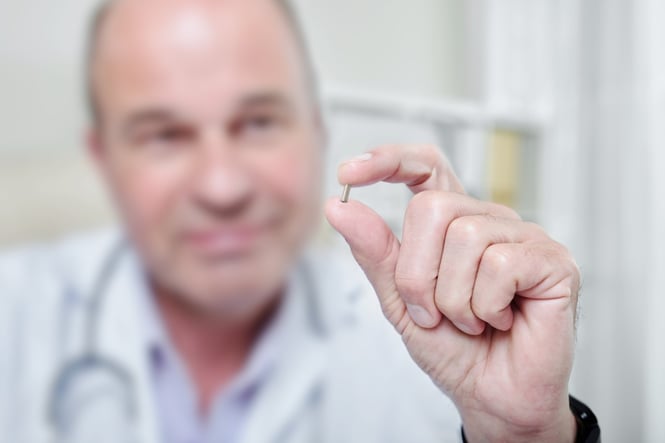
Using ultrasound or x-ray to locate the target tissue – or growth – a radiologist injects the marker with a needle weeks or months before the removal surgery. On the day of the surgery, the surgeon uses Sirius Medical’s detection device in the operating room. The device has a probe with a series of very sensitive magnetic sensors, similar to the compass in a smartphone. The surgeon uses this probe to locate the marker and triangulate the exact location of the tumor.
With this information, the surgeon can plan the best surgical approach toward the tumor, while also considering what incision placement will lead to minimal scarring for the patient, optimizing cosmetic outcome.
Similar marker technology has been used in the Netherlands but with a radiation component. As a student of technical medicine at the University of Twente and an intern at the Netherlands Cancer Institute, Schermers was drawn to the problem of keeping the benefits of radioactive seed localization while ditching the radioactive element.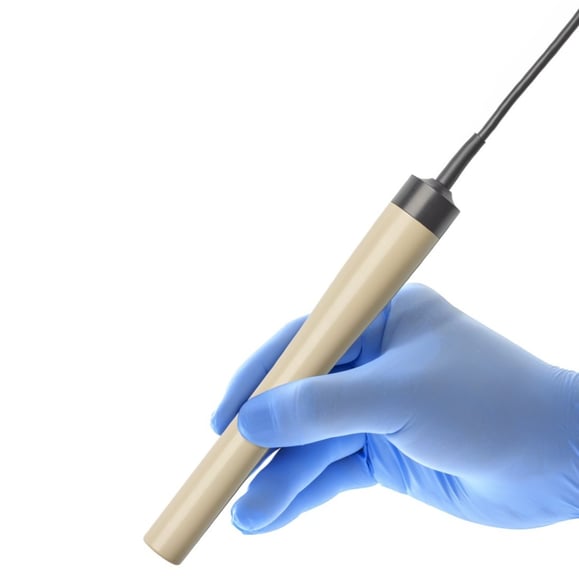
“Using magnetism seemed logical for this problem, but it still needed to be developed. That's what pulled me in,” he said. “I developed a very early version of the technology during a graduation internship, and during a subsequent PhD trajectory, I published that the principle worked in patient groups for breast cancer and melanoma.”
“There was essentially nothing when I spun it out from Netherlands Cancer Institute and I knew nothing about running a startup,” continued Schermers. “The only thing I consistently heard was that you need a great team and lots of experience in a medical device startup. But I was in my twenties and I only knew other students.”
However, it all came together when he teamed with Hubert Martens, who had led product development at Sapiens, which led to its acquisition by Medtronic. Schermers believes that Martens – his experience and his network – is one of the core reasons Sirius Medical has been successful in developing the technology.
“Martens is the reason that we found a great team and a great team is the reason that we were able to develop this very quickly,” says Schermers.
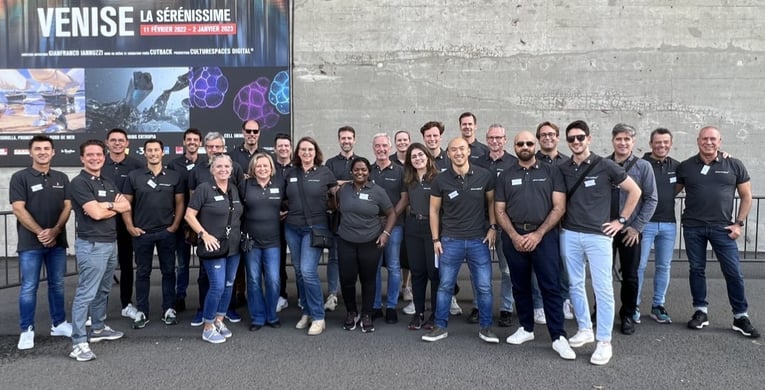
In this case, “quickly” is quite an understatement for a MedTech company. It was founded in 2017 without a concrete concept. By 2020, the company had already gained CE approval and in 2021, it received FDA clearance. Today, the company’s solution has been used in 1,000 cases in the U.S. and nearly 4,000 in the EU. With current dynamics in the European MedTech approval process, the team expects its U.S. business will quickly surpass its European business.
With team members in both the U.S. and Europe, Sirius Medical is ready for this U.S. growth. The American market dynamics are favorable with a high acceptance level of the new technology, a willingness to pay and an overall larger market size, Schermers said.
In fact, the company’s strategy has reversed due to the new medical equipment approval process in Europe.
The path of Sirius Medical has not been without struggles. Funding is a constant headache and the company grapples with the fundamental differences between doing business and attracting capital in the U.S. compared to Europe. The U.S. will be the focus for all new product developments. But Schermers has learned a lot from this lightning fast journey in the startup world. 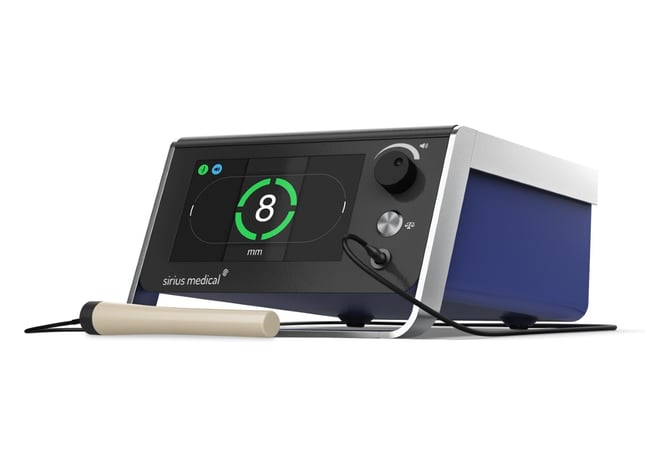
“This is my first startup. At the time, I thought, ‘Okay, this is the way it’s supposed to go,’” Schermers said. “As I learned more about this business, I realized, in hindsight, that this is not the normal way.
“It shouldn't go this fast.”